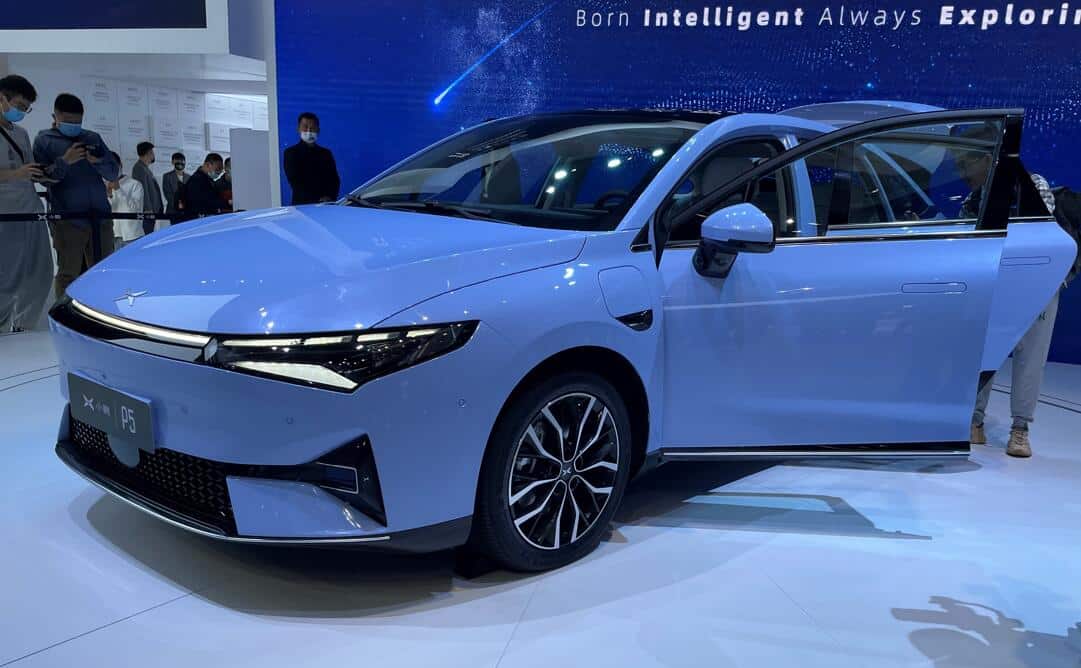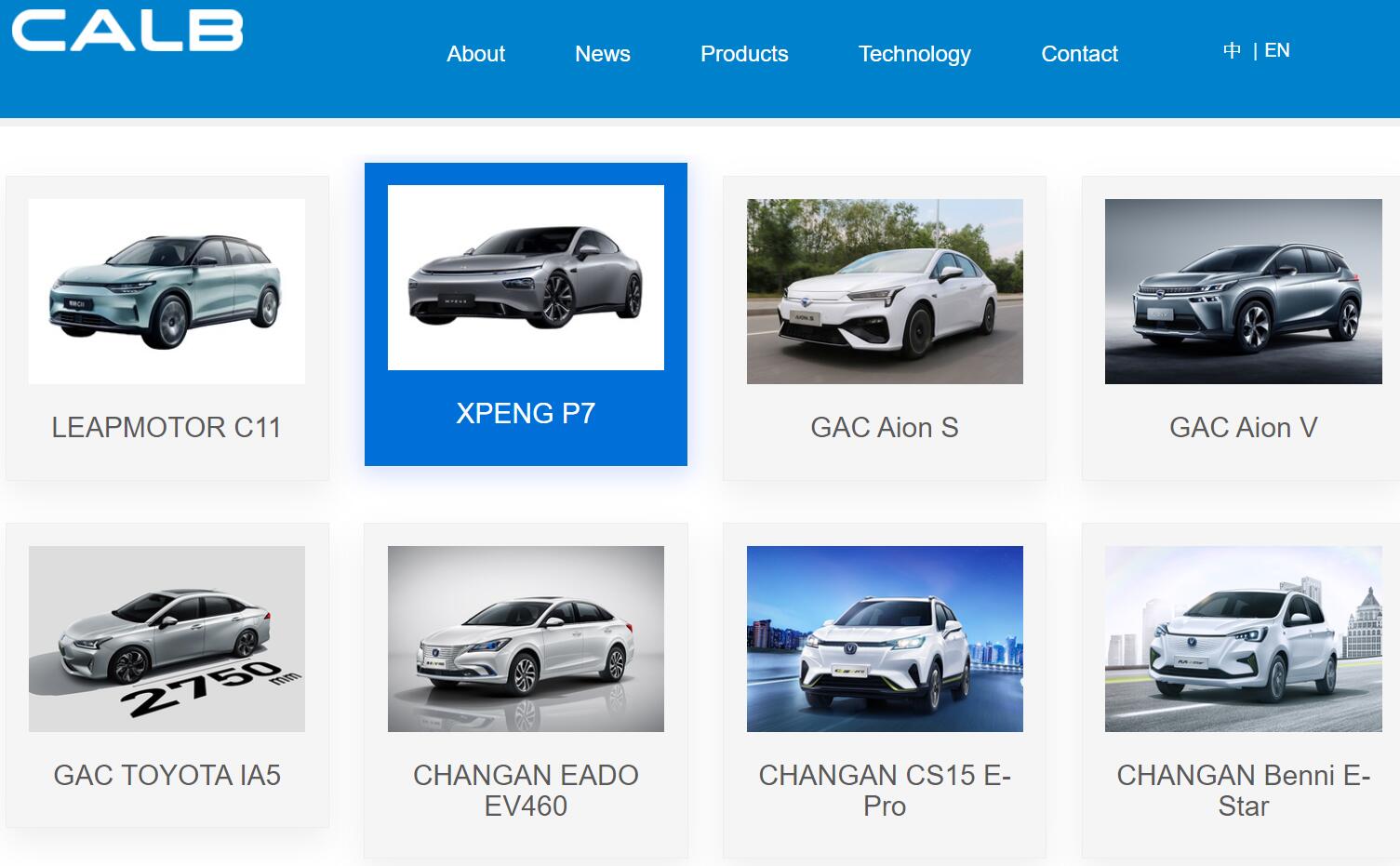Update: Adjusted the headline and part of the article to reflect Xpeng's response.
Xpeng will gradually replace the batteries originally supplied by CATL with those from CALB, as the price of CATL's products has risen too much, according to local media. However, the company denied it in a response sent to CnEVPost.
(Image credit: CnEVPost)
Xpeng Motors is once again rumored to be gradually replacing CATL's batteries with those supplied by CALB, although the electric vehicle (EV) maker has denied it.
Xpeng will gradually replace power cells originally supplied by CATL with CALB's batteries in the future, because the price of CATL's products has risen too much, a report by local media outlet Ijiwei today said.
According to the report, Xpeng revealed the plan in a recent communication with institutional agencies, saying the move was a response to pressure from rising costs.
Xpeng will continue to use lithium iron phosphate batteries from Eve Energy, which are mainly used in lower-trim models, according to the report.
This is another report in the past few days that Xpeng will reduce its use of CATL batteries.
LatePost reported earlier this week that Xpeng, which previously used CATL as its primary supplier of power cells, has decided to use power cells from another local supplier, Sunwoda, in its midsize SUV G9, which was released last November.
In response to these reports, Xpeng denied them in a statement sent to CnEVPost today. The company said:
The recent media reports that we will replace our main battery supplier with a new supplier are far from the truth.
Xpeng will continue to partner with top-tier companies such as CATL as its main suppliers.
Notably, there have been several reports that Xpeng will reduce its reliance on CATL's battery supply, albeit for different reasons.
According to a 36kr report late last month, Xpeng plans to bring in CALB as its new primary battery supplier, which would cut into CATL's share of supply.
Cailian later quoted Xpeng sources as suggesting that the report was true, saying that the parts supply chain needs to be continually improved to better ensure supply and volume, and to more accurately predict delivery cycles.
The models currently on display on CALB's website that use its power cells include the Xpeng P7.
LatePost reported Friday that Xpeng, which previously had CATL as its primary supplier of power cells, has confirmed the use of 4C power cells from another local supplier, Sunwoda, in its midsize SUV G9, which was released last November.
C refers to the battery's charge multiplier, and 4C means that the battery can theoretically be fully charged in a quarter of an hour. Similarly, 3C means the battery can be fully charged in a third of an hour.
According to LatePost, Sunwoda will be the main supplier in one version of the G9, with a share of more than 50 percent.
On Saturday, China Star Market quoted Xpeng as saying that the news is not official. The preparation of the vehicle for production and the selection of suppliers is an important part of the company's business plan and is subject to the vehicle's filing with China's Ministry of Industry and Information Technology, the company said.
CATL remains dominant in the Chinese power battery market, with 80.51 GWh of power batteries installed in China in 2021, capturing 52.1 percent of the market, according to data released earlier this month by the China Automotive Battery Innovation Alliance.
CALB's market share in China in 2021 was 5.9 percent, ranking third, below BYD's 16.2 percent. Sunwoda's market share in China in 2021 was 1.3 percent, ranking 10th.
On January 25, CALB signed a contract with the Huadu district, Guangzhou city, Guangdong province, to build a local base with a planned annual capacity of 50 GWh to produce power batteries and energy storage systems.
This is the first major power battery base project in Guangzhou and will be built in two phases, CALB said earlier this week, without disclosing details.
The project may be partly about supplying power batteries more proximity to Guangzhou-based Xpeng.
Notably, on July 21 last year, CATL announced that it had formally sued CALB for patent infringement, claiming that CALB's allegedly infringing batteries were on tens of thousands of vehicles.
If CALB loses the case, its entire product line could be banned, Wallstreetcn previously cited legal sources as saying.
CALB said at the time that the products it provides to its customers have undergone a thorough risk investigation by a professional intellectual property team and that it believes its products do not infringe the intellectual property rights of others, according to Jiemian's report.

